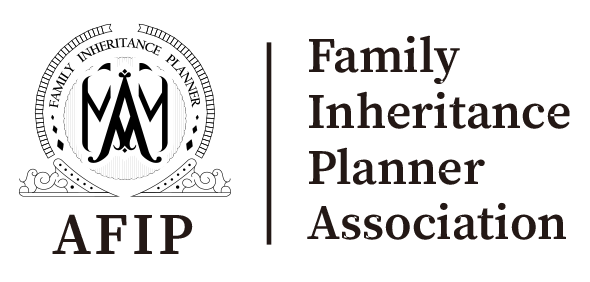There are several categories of trusts in the financial field, each with its own unique features and benefits. Here are some of the most common categories:
- Living trusts: A living trust is a trust that is created during the lifetime of the trustor, and is usually revocable, meaning that the trustor can make changes to the trust or revoke it entirely. Living trusts are often used to avoid probate and to provide for the management and distribution of assets after the trustor’s death.
- Testamentary trusts: A testamentary trust is a trust that is created under a will and comes into effect only after the death of the testator. Testamentary trusts can be used to provide for the financial needs of beneficiaries, to protect assets from creditors or divorce settlements, or to support charitable causes.
- Revocable trusts: A revocable trust is a trust that can be changed or revoked by the trustor at any time during their lifetime. Revocable trusts are often used for estate planning purposes, as they can help avoid probate and provide for the management and distribution of assets after the trustor’s death.
- Irrevocable trusts: An irrevocable trust is a trust that cannot be changed or revoked by the trustor once it has been established. Irrevocable trusts are often used for asset protection, to minimize taxes, or to provide for the financial needs of beneficiaries.
- Asset protection trusts: Asset protection trusts are trusts that are designed to protect assets from creditors and other legal claims. These trusts can be established in a variety of jurisdictions, including offshore locations, and can provide enhanced protection for high-net-worth individuals and business owners.
- Charitable trusts: Charitable trusts are trusts that are established to support charitable causes. These trusts can provide tax benefits for the trustor while also supporting important philanthropic causes.
Overall, trusts are an important tool in the financial field, providing a range of benefits for individuals and families looking to manage their assets and plan for the future.

